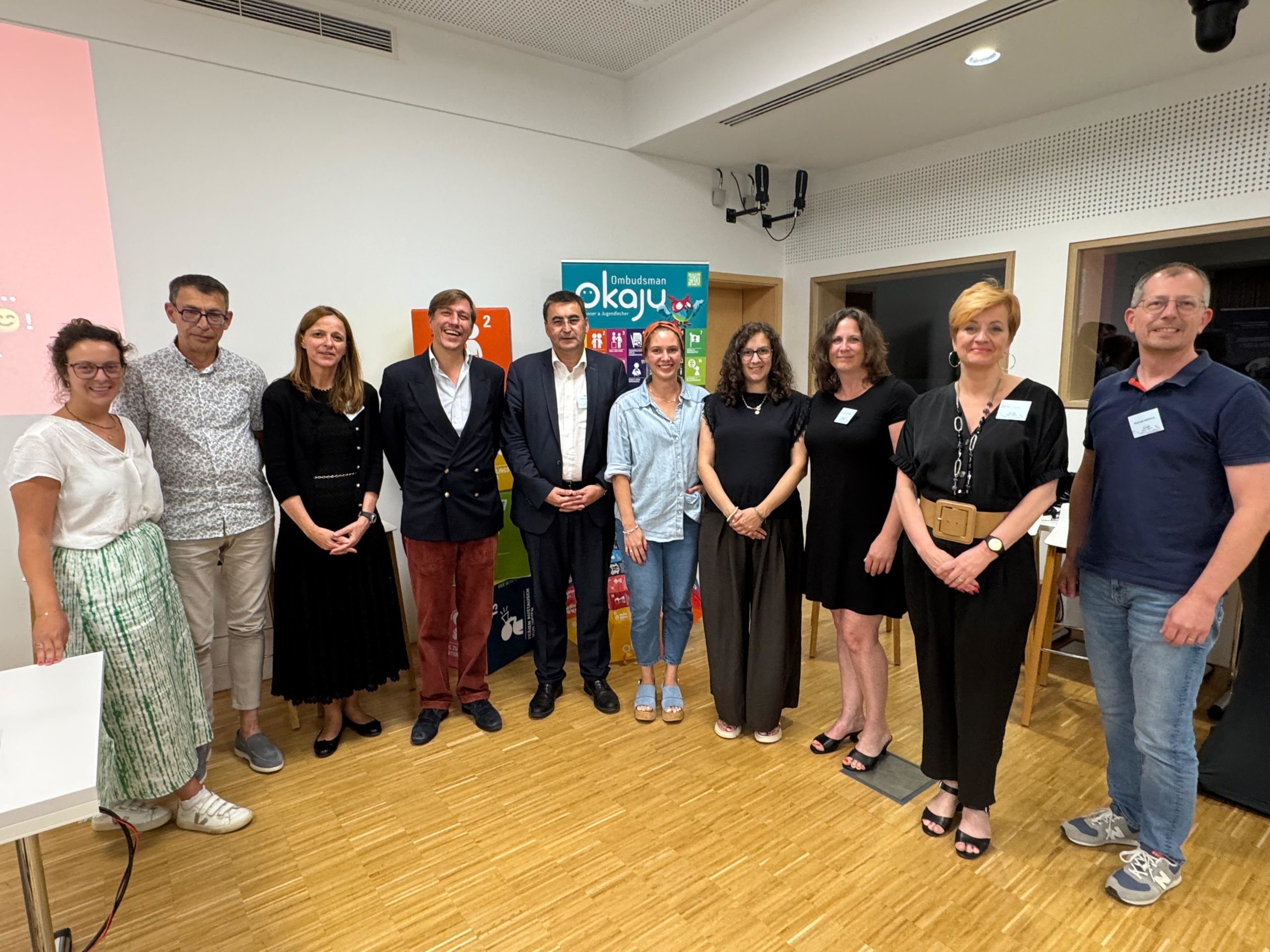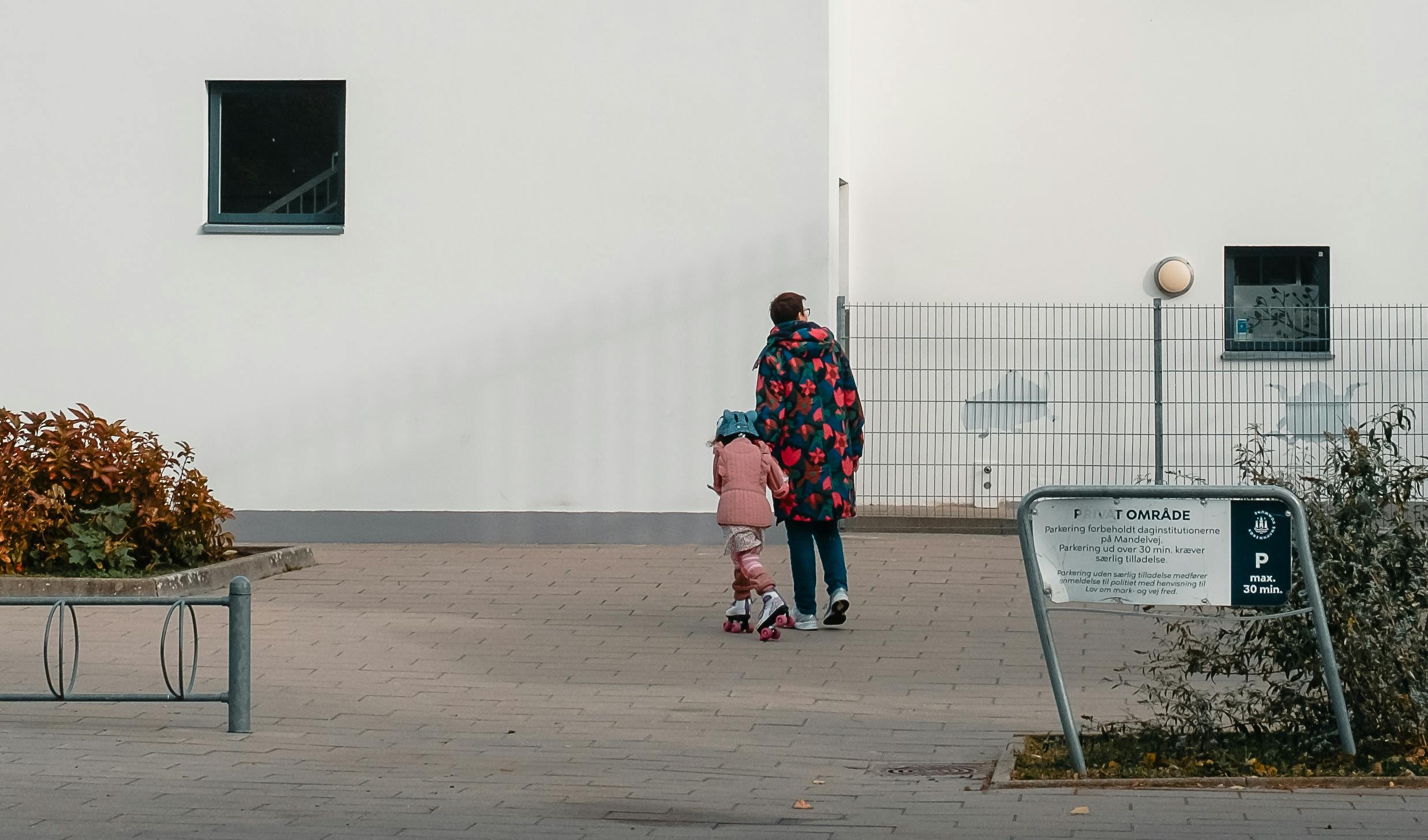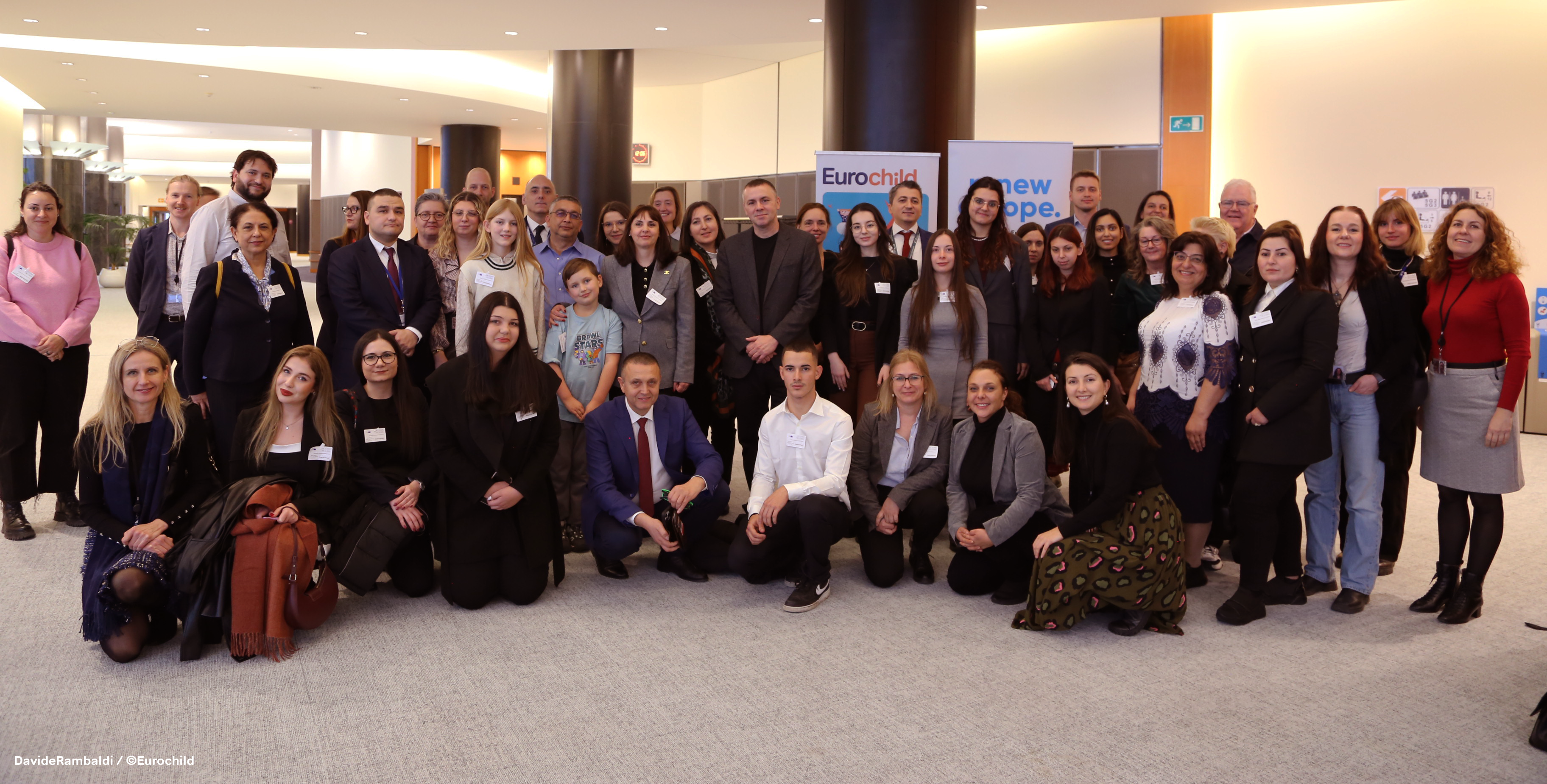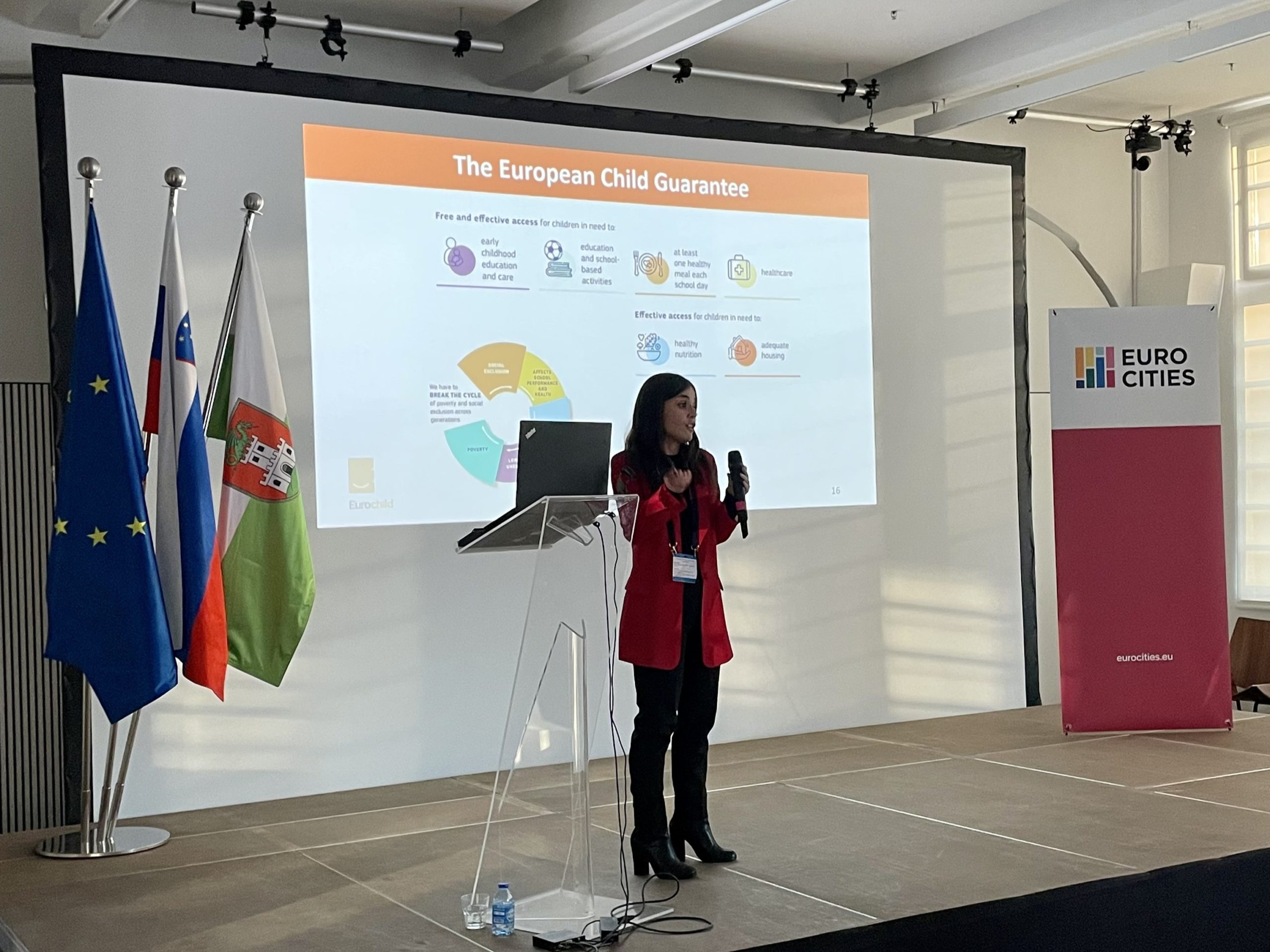A Snapshot of the European Child Guarantee in Luxembourg
Insights and contribution from Eurochild Member The Ombudsman for Children and Youth (OKAJU).
The European Child Guarantee, adopted in 2021, represents a major step forward in social protection by requiring EU Member States to ensure free and effective access for vulnerable children to essential services such as education, healthcare, housing, and nutrition. Luxembourg’s National Action Plan 2021–2030 aims to reduce child poverty, improve access to information and services, and strengthen psychological support.
Despite legal progress, including the inclusion of children's rights in Luxembourg’s Constitution (2023), socioeconomic conditions for many children remain precarious. One in four children lives below the poverty line, with nearly half of children in single-parent families affected. Child poverty has long-term effects on education, health, and future income and imposes economic costs equivalent to 3.6% of Luxembourg’s GDP.
A 2024 study commissioned by the “Chambre des salaries” and realized by LISER and STATEC highlights major administrative and eligibility barriers to accessing aid. It proposes simplified procedures, better communication, unified income criteria, improved access for vulnerable groups (e.g., students, single-parent families), and less stigmatizing practices. Conditions for child support enforcement are particularly stringent, resulting in few accepted applications.
Children from migrant families face increasing risks of homelessness following asylum rejections. In 2023, OKAJU handled multiple cases of families with young children at risk of living on the streets, emphasizing the severe psychological toll and lack of alternative housing.
The REVIS system, meant to support low-income families, is criticized for creating poverty traps. OKAJU advocates for better income support, affordable housing, targeted childcare access, and stronger support for single-parent households.
Children with disabilities face gaps in data and inconsistencies in inclusion policies, especially in education. OKAJU raises concerns about access to inclusive schooling and the limited progress toward reintegrating students with special needs into mainstream classrooms.
In healthcare, the shift from “school medicine” to “school health” reflects a more holistic approach. OKAJU calls for a universal child healthcare coverage system, improved services for asylum seekers and vulnerable children, and more systematic and accessible pediatric care. Barriers include high costs, lack of coordination, cultural and language issues, and information deficits.
Regarding housing, emergency accommodation remains insufficient across municipalities. OKAJU stresses the need for more consistent and accessible housing support.
On child participation, OKAJU has launched initiatives like "OKAJU Young Advisors" and participates in the CAPACITI cross-border project (Interreg) to enhance children’s involvement in defending their rights. The project seeks to create a regional competence center by 2028 to share best practices and overcome socio-economic and cultural barriers to children’s rights.





